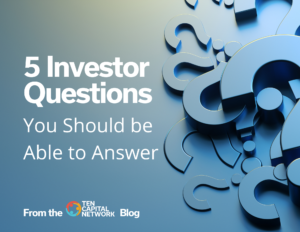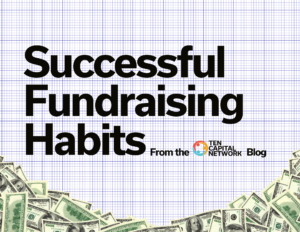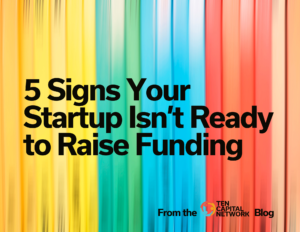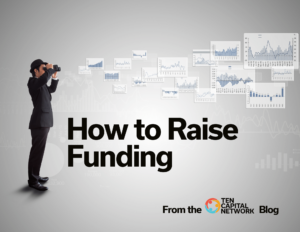
5 Investor Questions You Should be Able to Answer
2 min read Securing funding is one of the most difficult and yet most important aspects of launching your startup successfully, so what investor questions

2 min read Securing funding is one of the most difficult and yet most important aspects of launching your startup successfully, so what investor questions

2 min read Investors see many deals and can spot glaring holes immediately. Here are ten main reasons an investor will pass on your deal:

2 min read The best startups demonstrate key successful fundraising habits that can be easily replicated if you are willing to put in the work.

2 min read So you want to raise funding, but are you ready? Here are 5 signs that you may not be, and how what

1 min read Should you raise funding and if so, how much should you seek? Funding helps accelerate what you already have going into your

1 min read How to raise funding: a little at a time. Traditionally fundraising takes a tremendous amount of time on the part of the